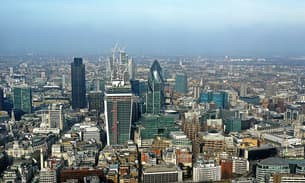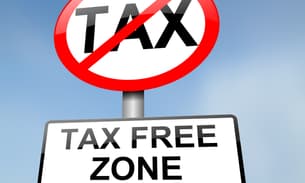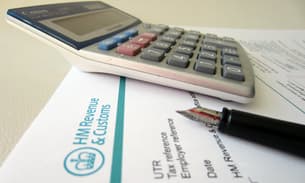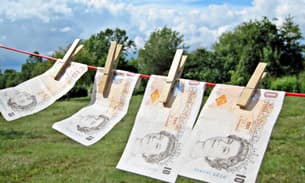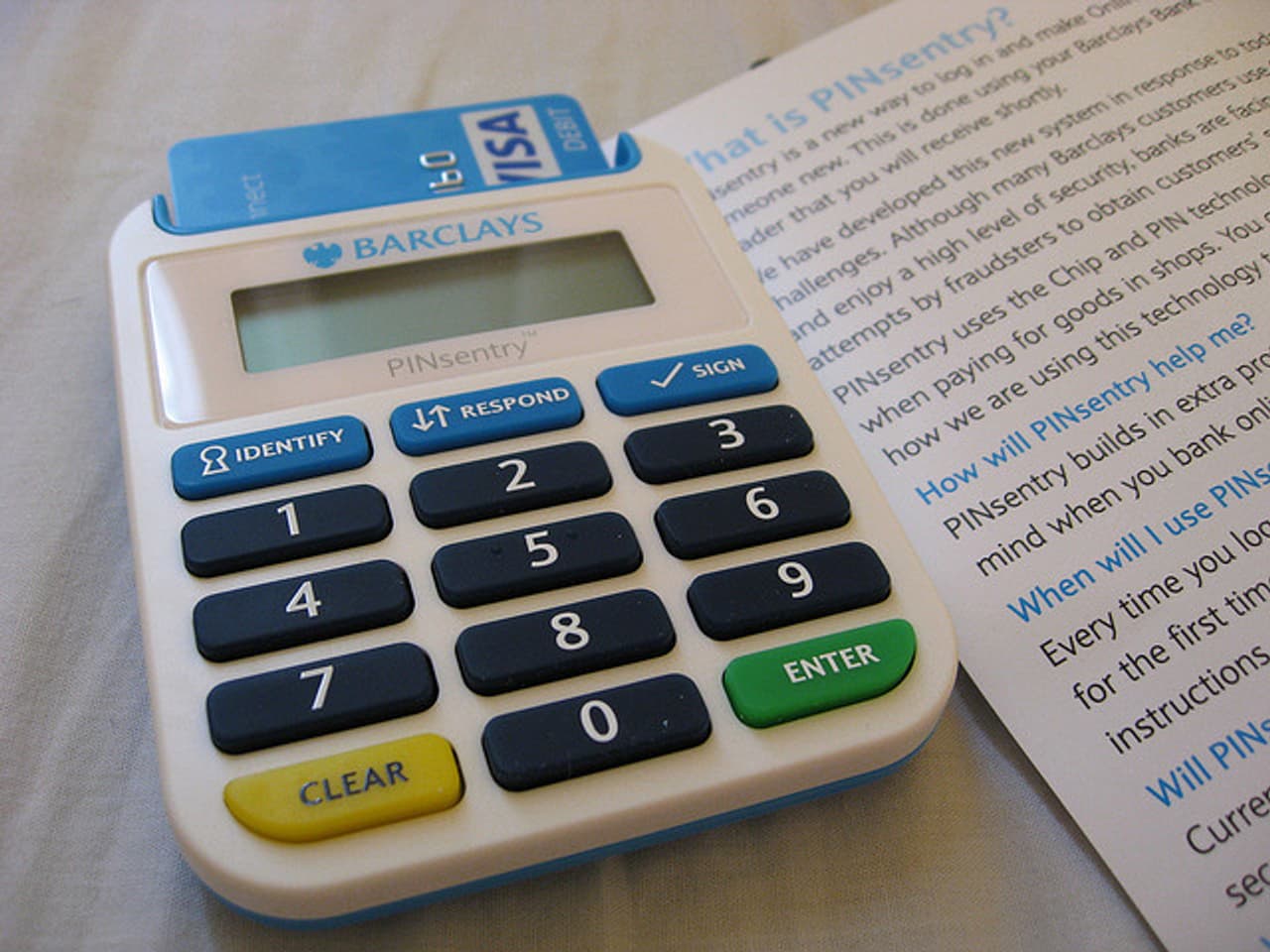
Barclays’ tax avoidance
HMRC charge Barclays’ for £500m avoided tax.
Barclays’ bank tax practices have been making headlines this week after HMRC shut down two tax avoidance schemes that were netting the bank at least £500m.
The first scheme involves a buying back of the bank’s own debt. Barclays raised money by selling bonds at a certain price. These bonds devalued. The value came down so much the bank was able to buy back their bonds for less than they originally sold them.
The profit from such transactions is meant to be taxed under ‘corporation tax’ rules, but the scandal is that Barclays bought back their debt through an unconnected company. In doing so, they made it tax-free. This way the bank avoided ‘around three hundred million pounds’ in tax according to David Gauke, exchequer secretary to the Treasury.
The second scheme allowed the bank to claim tax credits on tax-free income streams. Essentially the bank could claim tax back that they never paid.
Amendments to close these loopholes will be presented in George Osborne’s budget next month. But the story broke on Monday when the Treasury announced the new rules would have immediate effect and be retroactive. They will cover tax deals going back to December 1, four days before Barclays began buying back its debt.
As the story has gained significant coverage, here is a roundup of what the papers have said so far:
The Financial Times outed Barclays as the unnamed bank behind the schemes on Monday night. Although stating the Bank was not acting illegally, the FT said the tax avoidance went against the voluntary banking code of practice the bank signed along with 200 institutions.
On Tuesday the FT asked if Barclays’ attempts to avoid the half billion pounds of tax would hamper the bank’s efforts to present itself as a good corporate citizen. According to the paper: ‘On December 5 Barclays moved to buy back £3.7bn of outstanding debt for up to £2.5bn. The gain of about £1.2bn should normally have been taxable, generating £300m under normal circumstances for Treasury coffers.’
The FT added Barclays was not alone in exploiting this debt buyback loophole, reporting that ‘RBS has launched an aggregate £23.6bn of debt buybacks over the past two years, with Lloyds buying back £6.4bn.’
The paper’s Wednesday leader lambasted the Government’s new retroactive rules saying: ‘Instead of trying to undo its past mistakes, the government needs to prevent future ones by fixing a tax system that invites avoidance.’
The same leader hit out at grey areas in the voluntary banking code, designed to constrain banks tax avoiding tendencies. The paper said: ‘It was naïve to expect that a code of practice could substitute for either legal strictures or organizational culture.’
The second scheme was developed by Barclays for an unnamed client, according to the Guardian. The paper quoted the shadow exchequer minister Owen Smith calling the Government’s new regulation ‘a toothless tiger‘.
Explaining how Barclays managed to avoid paying so much tax, the Guardian reported the government believed the schemes were contrived arrangements ‘against the spirit of the law’.
The Daily Telegraph published Barclays’ statement on the matter in full, reporting the bank said it voluntarily disclosed its tax avoidance to HMRC.
But yesterday the paper reported that Barclays’ auditor, PricewaterhouseCoopers, raised its concerns with the bank over the schemes. Because of the auditors concerns, said the Telegraph, the bank set aside funds in case their tax avoidance was rejected.

